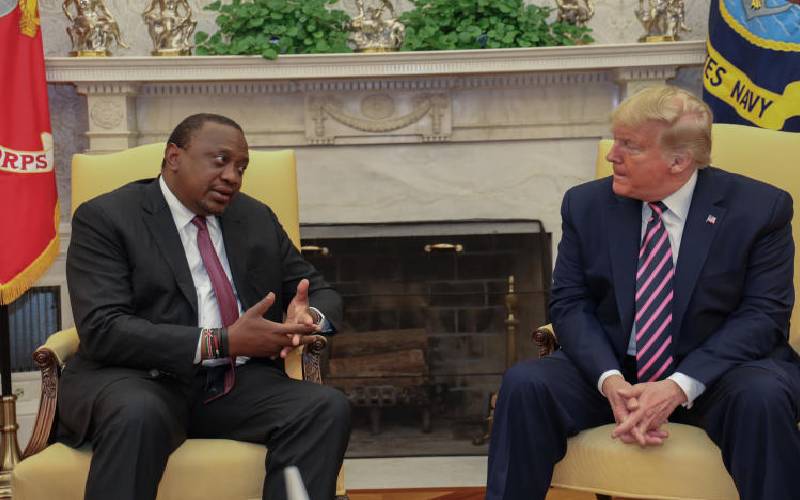×
The Standard e-Paper
Smart Minds Choose Us

Empowerment is about giving people the power to take their fate into their own hands. It is about dispersing the tools so that we can get a bit closer to equality of opportunities.
We all are capable, and in some form responsible, for empowering our kin. But society at large has the same role to play which is why it is important that there are social initiatives helping women and youth set up their own businesses, or villages to become energy independent.